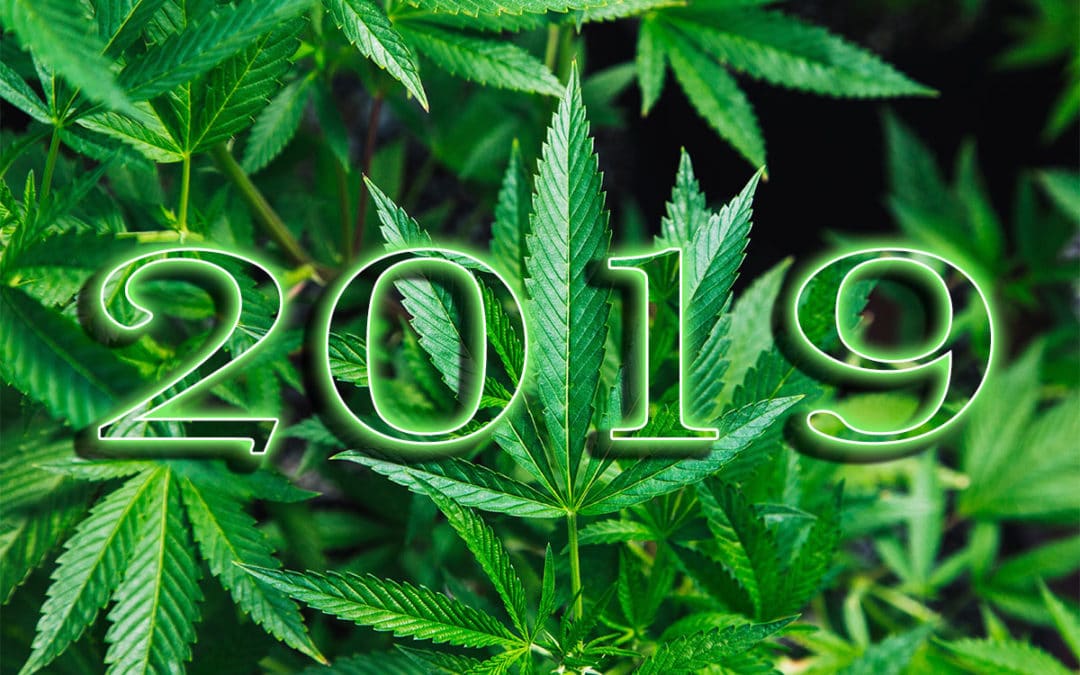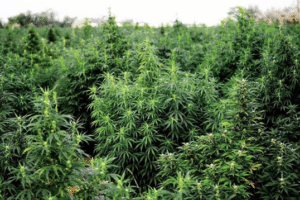
California opens new marijuana agency 5 years after legalization

Five years after California legalized recreational marijuana, Gov. Gavin Newsom signed a law aimed at simplifying how the state regulates the growing industry.
The new law creates a single Department of Cannabis Control, consolidating enforcement, licensing and environmental oversight that had fallen under three different departments.
Industry representatives praised the change, which Newsom first proposed in January 2020.
We “are excited to see the consolidation,” said Lindsay Robinson, the executive director of the California Cannabis Industry Association, representing over 400 licensed businesses across the state. “We see this as a big win for the industry.”
The Department of Cannabis Control will now take over responsibilities from the Bureau of Cannabis Control under the Department of Consumer Affairs, CalCannabis under the Department of Food and Agriculture and the Manufactured Cannabis Safety Branch under the Department of Health.
Cannabis companies had often expressed difficulty navigating three different agencies with varying protocols and processes, according to Robinson.
“I think that having all of this housed under one agency is going to help with communication, it’s going to help with transparency and hopefully with process time for applications too,” Robinson said.
The department will also manage California’s track-and-trace system, following the movement of cannabis and cannabis products through the legal supply chain.
The Newsom administration wants to make it less likely someone will choose to operate in the illicit market, Christina Dempsey, the Acting Deputy Director for the DCC, told The Sacramento Bee by email.
Robinson called the licensing of California’s cannabis industry when voters approved recreational cannabis use in 2016 a “behemoth project” from the start.













